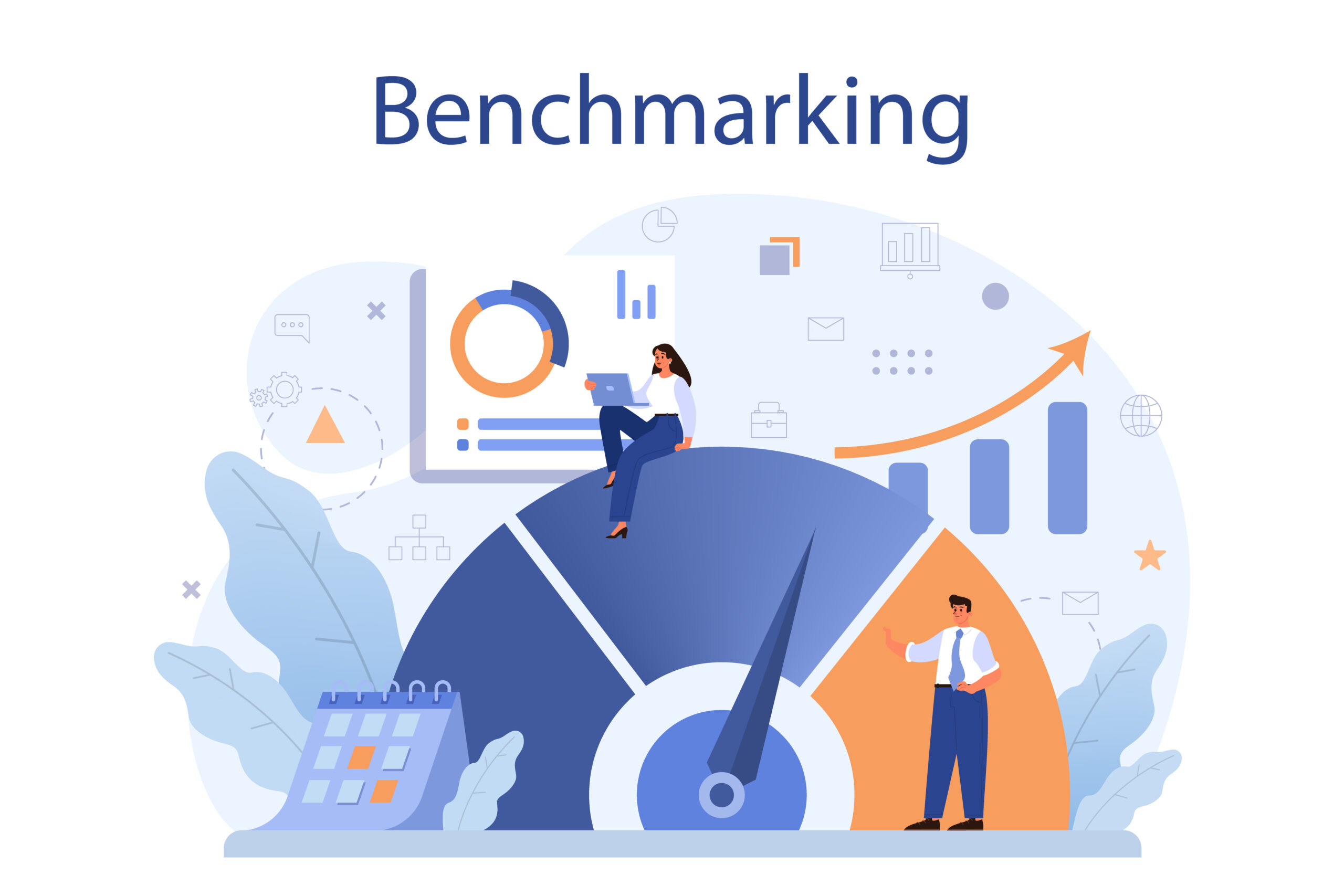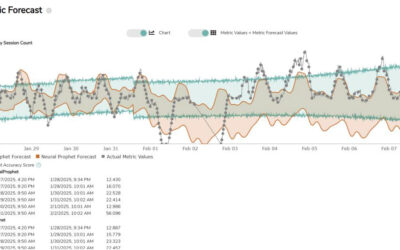Change is the only constant when it comes to IT applications. Specifically for Enterprise Content Management (ECM) and Robotic Process Automation (RPA), proper knowledge is a necessity before inevitable change. As organizations grow and evolve, it becomes essential to evaluate the service levels, performance, and baselines of their ECM and RPA systems. This is where benchmarking comes into play.
Benchmarking for ECM and RPA is the process of evaluating and comparing the performance, efficiency, and effectiveness of an organization’s system against established standards, best practices, or competitors. It not only leads to informed decisions but mitigates the risk of “breaking something” when a change does occur. Whether your organization is planning for ECM changes that include capacity, upgrades, new implementations, or migrations; it is key to have access to accurate metrics such as:
- user levels
- repository sessions
- transaction performance levels
- resource levels (CPU, memory, disk)
- database activity
- application server activity
Benchmarking before adding capacity:
As organizations experience growth, it becomes necessary to evaluate their existing ECM infrastructure’s performance before investing in additional capacity. Benchmarking allows businesses to assess the current state of their ECM systems, identify bottlenecks, and determine the specific areas that require improvement. By conducting benchmark tests, organizations gain insights into the system’s limitations, allowing them to make informed decisions on the appropriate capacity enhancements needed to meet their growing demands.
Benchmarking for upgrades:
Upgrading an ECM system is a critical undertaking, as it involves introducing new features, improving functionality, and enhancing overall performance. Benchmarking during the upgrade process provides a baseline to measure the effectiveness of the changes made. By comparing benchmark results before and after the upgrade, organizations can evaluate the impact of the changes on system performance, identify potential issues, and ensure that the upgrade meets their performance expectations. Benchmarking also helps validate the return on investment (ROI) for the upgrade by quantifying the improvements achieved.
Benchmarking for New Implementations:
When implementing a new ECM system, benchmarking is essential to establish performance expectations and ensure that the system meets the organization’s requirements. By simulating real-world scenarios and workloads, benchmarking helps determine whether the new ECM system can handle the anticipated user demands and workload volumes effectively. It allows organizations to fine-tune the system configuration, identify performance gaps, and make necessary adjustments before going live. Benchmarking also aids in selecting the most suitable ECM solution by comparing the performance of different vendors or configurations.
Benchmarking for Migrations:
Migrating from one ECM system to another can be a complex and resource-intensive process. Benchmarking plays a pivotal role in ensuring a smooth and successful migration. By benchmarking the existing system, organizations can establish a performance baseline. This benchmark becomes a reference point during and after the migration to compare the performance of the new ECM system. Through benchmarking, organizations can validate that the migrated data and processes perform at least as well as or better than the previous system, avoiding any degradation in performance or functionality.
How to benchmark effectively:
Benchmarking is extremely valuable for organizations to get the most from ECM/RPA especially when posed with beneficial change. The question becomes, how do you benchmark effectively? Organizations not only need access to key benchmarking metrics, but for data-gathering to not become an ineffective, time-consuming effort, with suspect information.
Reveille for ECM Capacity Planning is a solution that aggregates the desired information in one place for many of today’s ECM platforms and solutions. Reveille captures all of this information automatically, so benchmarks and accurate baselines are presented at your fingertips when you need it. Reduce your risk by knowing before you go!





